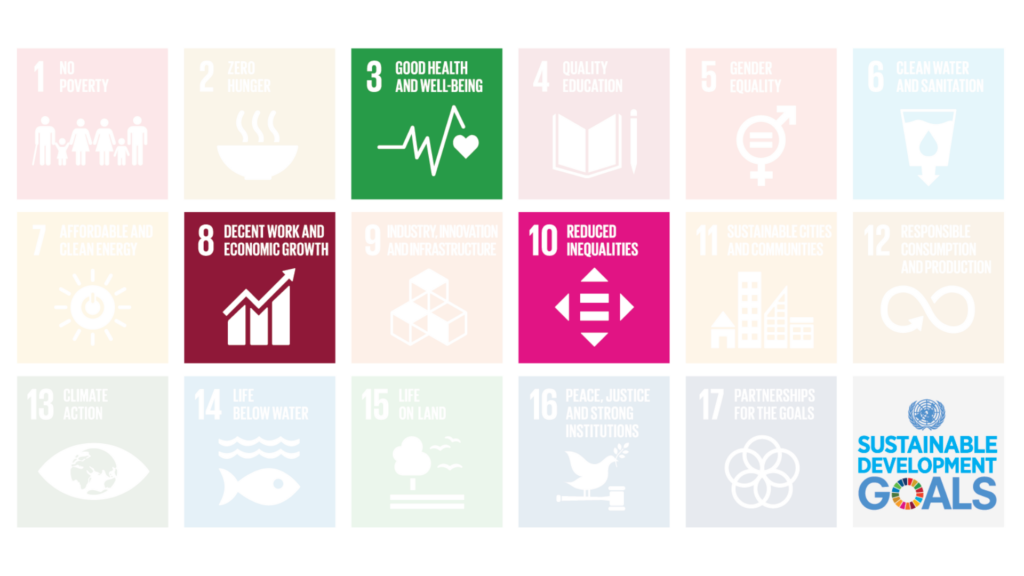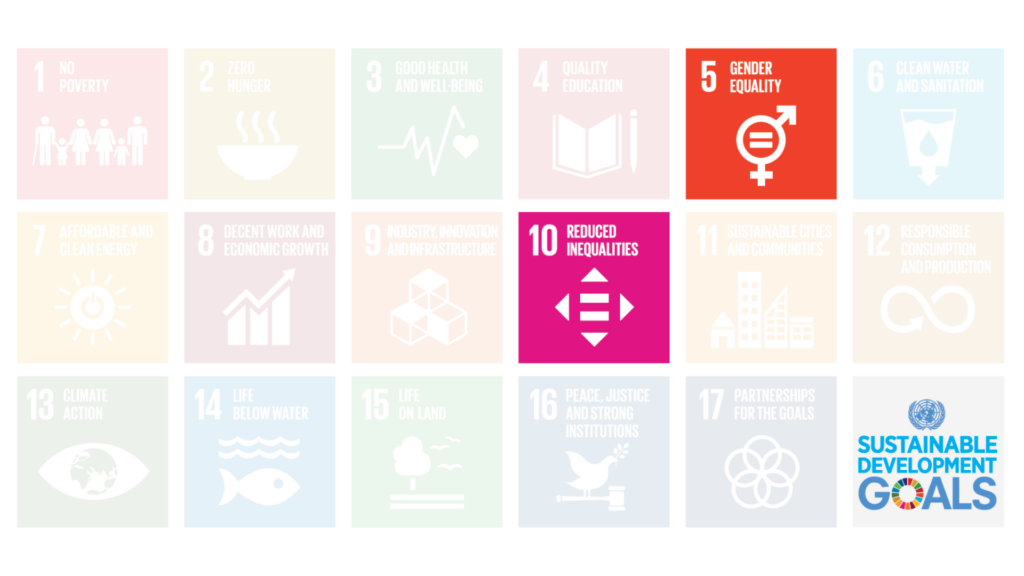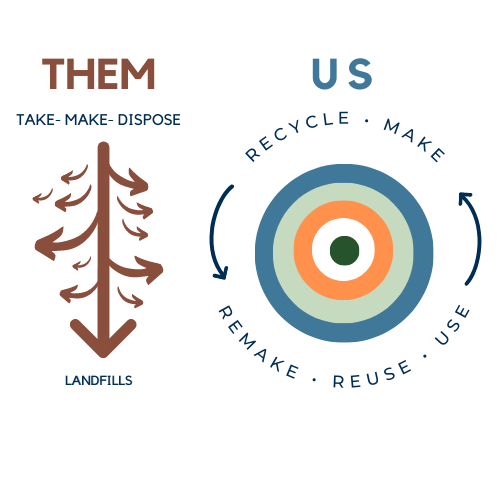About Us
GREN
At GREN, we help businesses create circular supply chains that are better for people and the planet.
Table of Contents
ETHICAL & ENVIRONMENTAL MISSION
To responsibly advance small businesses and enhance the natural environment through hyper-local and ethical trade. To support traditional trades and a circular economy whilst ensuring the creation of fair, safe, and inclusive work. To operate ethically and transparently through a circular supply chain and promote positive social practices.
ALIGNING OUR APPROACH TO THE SUSTAINABLE DEVELOPMENT GOALS
We have aligned our business goals and actions with these UN Sustainable Development Goals (SDGs).
PEOPLE
OUR PEOPLE
GREN employees can access family-friendly, flexible work options and a range of benefits to support health and wellbeing.
We believe our people are our biggest asset and create policies and programs to support them and their family at every stage.

DIVERSITY & INCLUSION
We center diversity and promote inclusion and belonging through our employment policies and practices, product design and marketing.

OUR MAKERS
We work with a mix of small and large independent suppliers who demonstrate their commitment to ethical practices and environmental stewardship.

PLANET
CARBON FOOTPRINT
We are a carbon neutral and circular business. We minimise and recycle waste, invest in renewable energy, and offset unavoidable emissions. We support sustainable forestry, regenerative farming and clean chemistry by using materials that are ethically produced and environmentally preferred.

PACKAGING & PRINTING
We remove unnecessary packaging, design for re-use and recycling, and use recycled and biodegradable materials throughout our supply chains.

PRODUCTS
CIRCULAR DESIGN
We take ownership of each and every article of clothing we sell, working to end the take-make-dispose model that permeates the fashion industry.
We reduce production waste, use recycled and recyclable materials, and design each product to be used over and over and over again.

We centre the environment at every decision-making level
Producing a garment with zero environmental impact seems impossible; therefore, clothing volumes matter. At GREN, we contribute to an increasing awareness of the clothing volumes in circulation and the effect this may have on the environment.
Despite the fact that popular environmental frameworks nowadays integrate environmental and economic aspects as equally important, these tend to conflict in daily practice with actors, economic issues taking the upper hand. Examples include consumers that do not want to miss the opportunity to buy a lot of clothes at sales, retailers pushing for lower costs from their suppliers with no interest in environmental or social implications, municipalities charging charities per kilo of separately collected textiles, and post-consumer textile sorters selling at the best price possible, with no interest in the impact of their grades at the final destination.
Therefore, for GREN, we place environmental issues at the core of daily decisions in order to counterbalance economic aspects.
How GREN defines and uses circularity
Circularity is our solution to the take-make-dispose model. A circular system is embedded with an ideology of reuse, recycle and refurbish in order to eliminate waste, stop items from going into landfills, and extend the lifecycle of products by keeping them in use and in circulation. It is marked by distributed production, localised supply and distribution chains, and focuses on reuse and the elimination of externalities.

Every economy is built around values. In our current economic system, commodities (services and products) represent an economic value that don’t sufficiently account for social or environmental aspects of production or consumption. GREN’s circular business model highlights the need for a broader understanding of value and new ways of value creation. This means that there is a need for a new economic paradigm.
In GREN’s circular model, value is retained in either biological or technical cycles. This touches upon the different levels in the value chain of clothing production, where circular economy practices can be implemented.
GREN uses three potential characteristics to define circular textiles and clothing:
1. Recyclable (Designed for recycling)
2. A recycling system is available
3. Made of recycled textile material (Recycling in design).

Accountability is part of our culture
We have created a governance structure to promote responsibility and accountability for ESG matters across our company.
Hyper-local supply chains
We have created supply chains that are hyper-local when possible, meaning that when you purchase a G-Shirt in Australia, you can choose for it to be produced and recycled, cradle to cradle, in Australia.
We support local trade in the first instance, and also provide ethical solutions from the Global South, with an understanding of our customer’s needs and price points.
Need more info?
Visit our Sustainability Page
Looking for wholesale?

